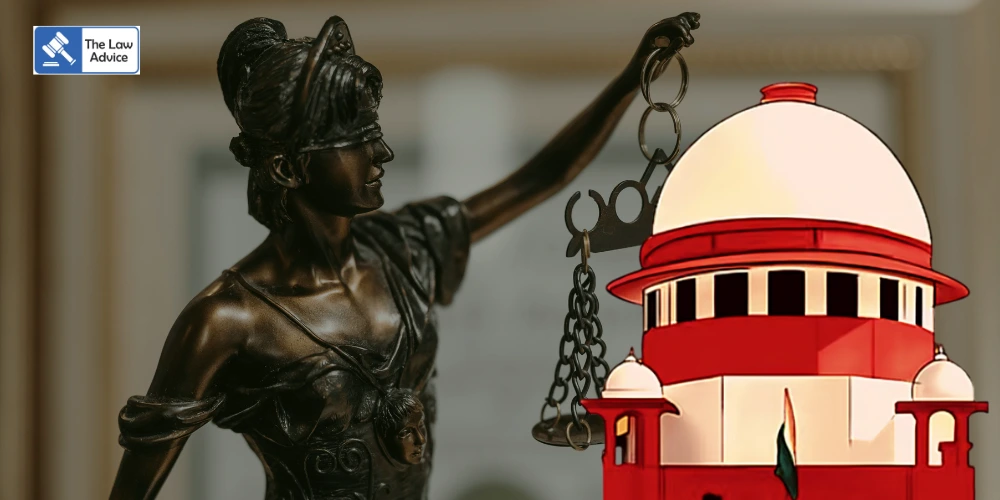The Supreme Court of India, after examining a Special Investigation Team (SIT) report highlighting significant lapses in the functioning of the Noida Authority, today issued stringent directions to enhance transparency and accountability in the development of NOIDA projects. The Bench emphasized that no new projects should be initiated without a prior Environmental Impact Assessment (EIA) and approval from the Court’s Green Bench.
A bench comprising Justices Surya Kant and Joymalya Bagchi also called for the registration of preliminary enquiries regarding the alleged payment of exorbitant land acquisition compensation and potential collusion between certain NOIDA officials and landowners. The Court directed the constitution of a new SIT, replacing the previous one, to take forward the investigation.
The earlier SIT report had identified instances where landowners were awarded higher compensation than legally warranted, in at least 20 cases. The report named officials of NOIDA who may have been involved in these irregularities. It further highlighted concerns regarding the governance structure of NOIDA, noting that decision-making appeared centralized, opaque, and disproportionately favorable to developers.
Significant observations included:
• Lack of public scrutiny in major decision-making.
• Absence of regular reporting on projects to citizens.
• Policies and practices that seemingly benefit developers over public interest.
• Need to examine bank accounts and assets of officials and beneficiaries to detect possible collusion.
The Court issued detailed directions aimed at ensuring accountability and citizen-centric governance:
1. The DGP of Uttar Pradesh shall constitute a new SIT of three IPS officers to investigate issues flagged by the previous SIT, especially issues 3 and 4 relating to collusion and governance lapses.
2. The SIT is required to register preliminary enquiries immediately and involve forensic experts and the Economic Offenses Wing (EoW) of the state police.
3. If a prima facie cognizable offense is detected during the enquiry, the SIT shall register cases and proceed according to law.
4. The SIT head, not below the rank of Commissioner of Police, will submit status reports detailing the investigation outcomes.
5. To ensure transparency, the SIT report must be placed before the UP Chief Secretary, who will table it before the Council of Ministers for action. A Chief Vigilance Officer will be appointed in NOIDA, either from the IPS cadre or on deputation from the CAG, and a citizen advisory board must be formed within four weeks.
6. No project in NOIDA shall be implemented without prior EIA clearance and Green Bench approval.
7. Where SIT requires sanction to prosecute officers under the Prevention of Corruption Act, the competent authority must provide approval within two weeks.
The matter is scheduled for hearing in eight weeks, with the SIT report to be kept in the custody of the court master.
The Supreme Court had previously instructed the SIT to investigate:
• Whether compensation paid to landowners exceeded entitlements under existing court judgments.
• Officers responsible for any excessive payments.
• Possible collusion between officials and beneficiaries.
• Overall transparency and fairness in NOIDA’s functioning.
The case is listed as Virendra Singh Nagar v. State of Uttar Pradesh & Anr., SLP(Crl) No. 1251/2023.
The Court’s directives signal a firm move towards accountable urban governance, citizen oversight, and stringent enforcement of environmental regulations for developmental projects in NOIDA.
